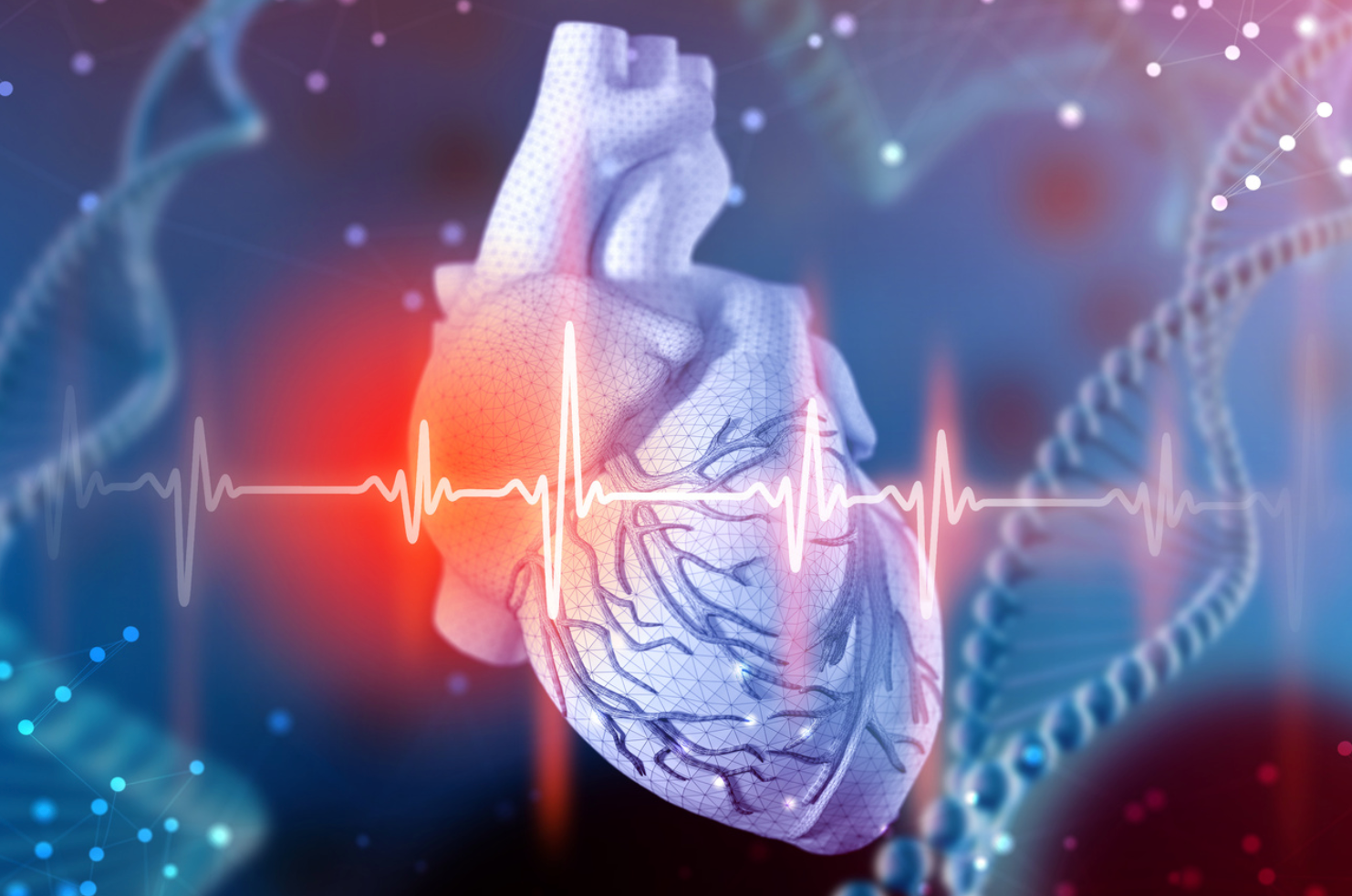Article
Pharmacy Clinical Pearl of the Day: Atrial Fibrillation
Author(s):
During atrial fibrillation, both of the heart's upper chambers beat chaotically and irregularly without coordination.
Clinical Pearl of the Day: Atrial Fibrillation
Atrial fibrillation is an irregular and often rapid heart rate that can increase your risk of strokes, heart failure and other heart-related complications.

Explanation:
- During atrial fibrillation, the heart's 2 upper chambers (the atria) beat chaotically and irregularly without coordination.
- Symptoms include palpitations, weakness, fatigue, lightheadedness, dizziness, shortness of breath, and chest pain.
- Atrial fibrillation may be occasional, permanent, persistent, and long-acting persistent.
- Treatment goals include resetting the rhythm, controlling the rate, as well as preventing blood clots and decreasing the risk of stroke.
- Medications used for maintaining a normal heart rhythm include dofetilide, flecainide, propafenone, amiodarone, and sotalol.
- Medications used for heart rate control include digoxin, beta blockers, and calcium channel blockers.
- Anti-coagulants include warfarin and direct oral anticoagulants.
Source:
Newsletter
Stay informed on drug updates, treatment guidelines, and pharmacy practice trends—subscribe to Pharmacy Times for weekly clinical insights.
Related Content






